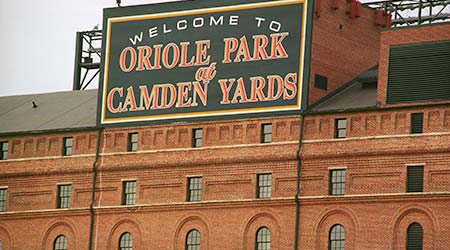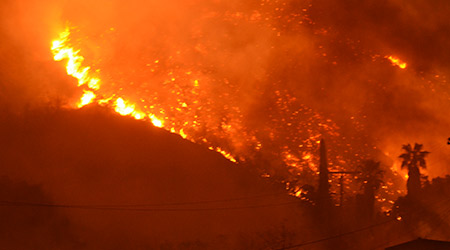
MLB Stadium Sued For Alleged ADA Violations
October 22, 2018
Designed to make public spaces accessible for people with disabilities, the Americans with Disabilities Act (ADA) has been a law for nearly 30 years. Maintenance and engineering managers must take all necessary steps to ensure their facilities comply with the accessibility guidelines, but some facilities still struggle with their requirements.
A recent lawsuit filed in Baltimore claims ADA violations at Camden Yards, home of the Baltimore Orioles. Three people who use wheelchairs filed the lawsuit against the Baltimore Orioles and the Maryland Stadium Authority (MSA), alleging the stadium has never complied with the ADA, according to WBAL.
“The Baltimore Orioles recognized Celebrate ADA Day on July 26, but simply celebrating the ADA means little to wheelchair users who are denied the full fan experience at such a beautiful ballpark," attorney Kevin D. Docherty of Brown, Goldstein & Levy says in a statement. The complaint alleges that on separate occasions since July 2017, each plaintiff was trapped in a lift that they needed to use to reach their club level seats.
One plaintiff has had Orioles season tickets since 1981 and since Camden Yards opened in the accessible row of Section 242. As construction on the new ballpark was underway, according to the lawsuit, one plaintiff talked to MSA officials about the differential between the height of the accessible seating areas around the lower bowl and the rows immediately in front of them. He says he raised that issue and his concerns about club level access a number of times.
Both issues are the subject of the lawsuit.
The MSA installed a new lift on the club level before the 2011 season, but the defendants say it regularly gave them trouble. They reported having to wait for ushers to operate the lift and then engineers when the lift malfunctioned.
This Quick Read was submitted by Ryan Berlin, managing editor of Facility Maintenance Decisions.
Next
Read next on FacilitiesNet












